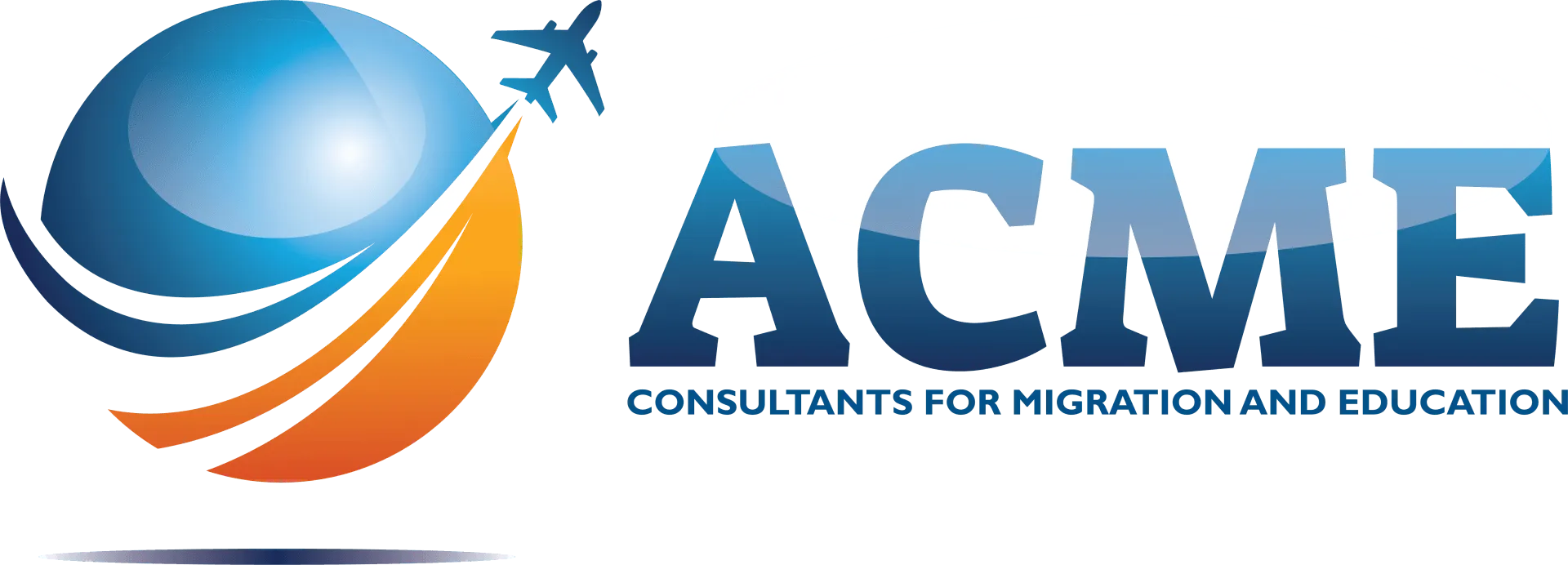
Earning & Spending
Canada is renowned for offering international students a cost-effective education, allowing significant savings without compromising on quality. Tuition fees vary across provinces and programs, ensuring flexibility for students pursuing both undergraduate and graduate studies. Here’s an overview of the average costs:
| Provinces | Cost of Undergraduate Studies | Cost of Graduate Studies |
|---|---|---|
| Quebec | $9,168 – $10,518 | $8,268 – $20,000 |
| Alberta | $6,293 – $11,078 | $5,298 – $19,200 |
| Ontario | $6,900 – $16,204 | $5,432 – $29,000 |
| British Columbia | $4,462 – $15,870 | $2,272 – $17,499 |
| Newfoundland | $7,260 | $1,896 – $3,549 |
| Manitoba | $4,940 – $6,900 | $3,795 – $9,685 |
| New Brunswick | $7,063 – $10,720 | $5,610 – $8,465 |
| Prince Edward Island | $7,510 | $6,100 |
| Saskatchewan | $7,779 – $10,890 | $5,313 |
Work Opportunities on Canadian Student Visa:
Part-time Work for International Students:
International students can work up to 20 hours per week, providing them with opportunities to cover living costs. Part-time employment is available in various sectors, including hospitality, travel, tourism, and food service.
Post-Graduation Work Opportunities:
Graduates have the opportunity to work for up to 2 years in Canada. After a year of working in the Canadian workforce, they can apply for permanent residency.
Social Insurance Number (SIN):
Before applying for a job, securing a Social Insurance Number (SIN) is crucial. This nine-digit number grants access to government programs, benefits, and facilitates payroll processing for employers.
Benefits of Permanent Resident Status:
Obtaining permanent resident status in Canada opens doors to enhanced job opportunities, social benefits, and a clear pathway to Canadian citizenship.
Industries Offering Part-time Work:
- Hospitality (Restaurants and cafes)
- Retail (Supermarkets, clothing stores, libraries)
- Tourism (Hotels and motels)
- Sales and telemarketing
Earning and Spending in Canada:
Accommodation Expenses:
- Off-Campus Lodging: $250 – $750 per month
- School/University Provided Home-stays: $400 – $800 per month
- School/University Provided Residence/Dormitory: $3,000 – $7,500 per year
Other Costs:
- Bus Fare (One Way): $2.00 – $3.00
- Groceries: $150 – $200 per month
- Utilities & Miscellaneous: $300 per month
- Average Restaurant Meal: $10.00 – $25.00 per person
- Movie: $11.50 – $13 Approx
- Air Ticket: $500 to $2,000
- Health/Medical Insurance: $300 to $500
Note: These figures are approximate and may vary based on factors like location, lifestyle, and personal preferences. For the most accurate information, consult educational advisors or official Canadian government resources.
For inquiries or assistance regarding earning and spending while studying and working in Canada, contact us. We’re dedicated to supporting your financial well-being during your educational journey in Canada.
